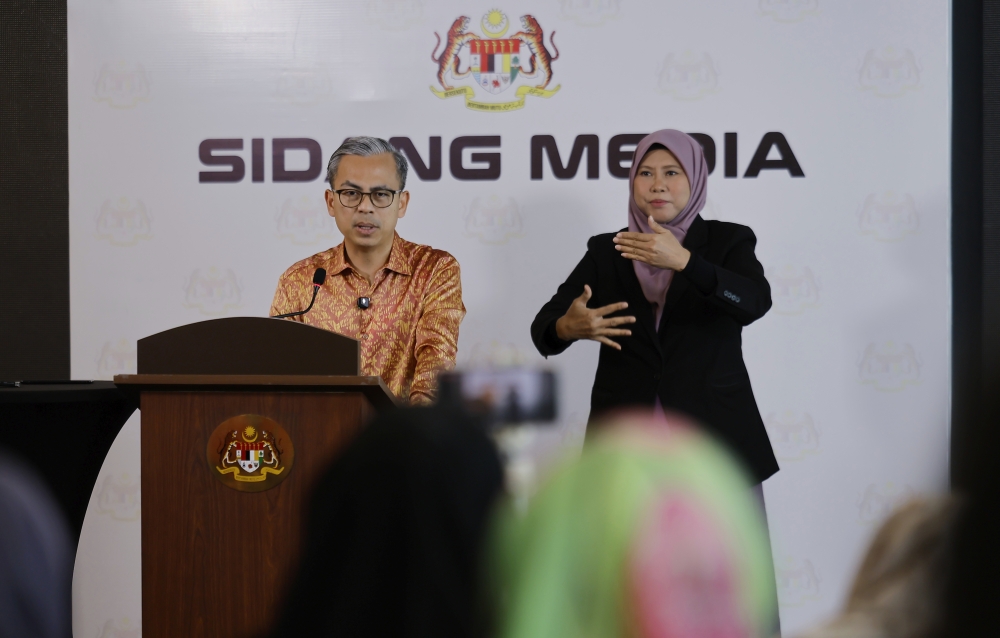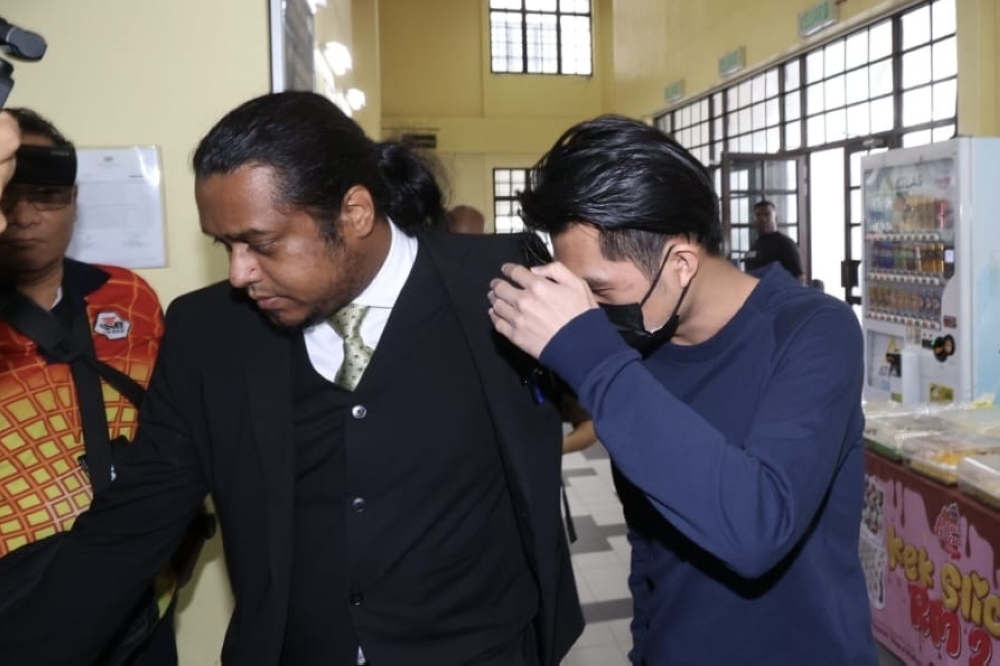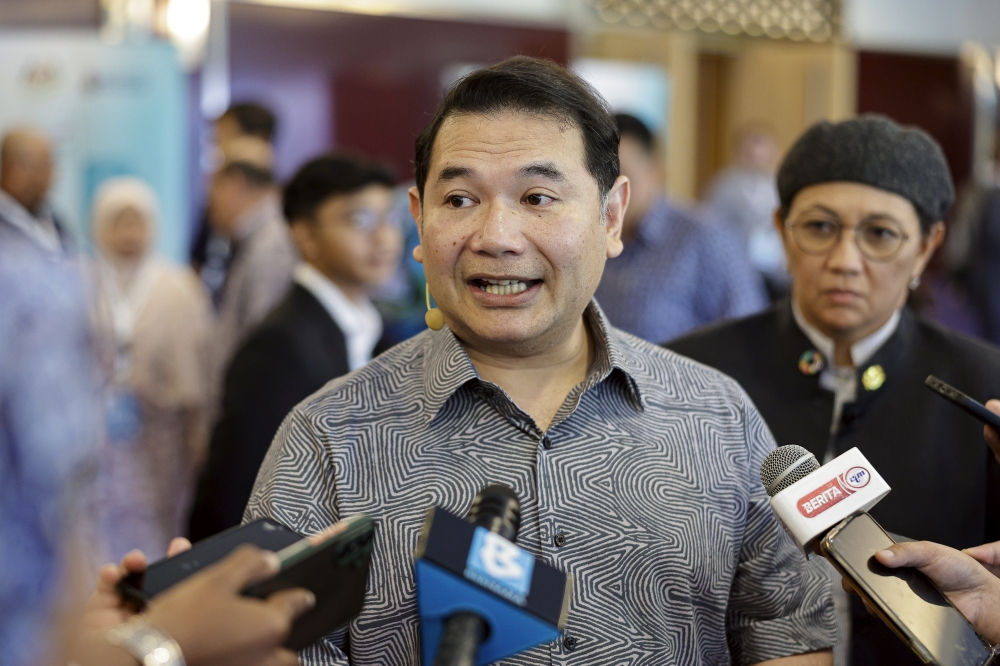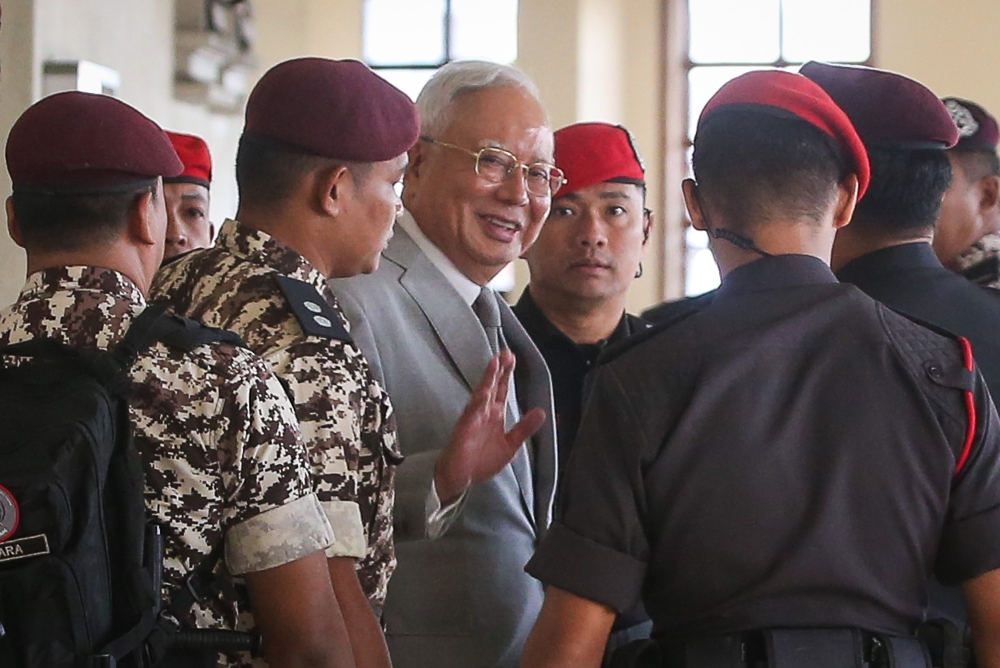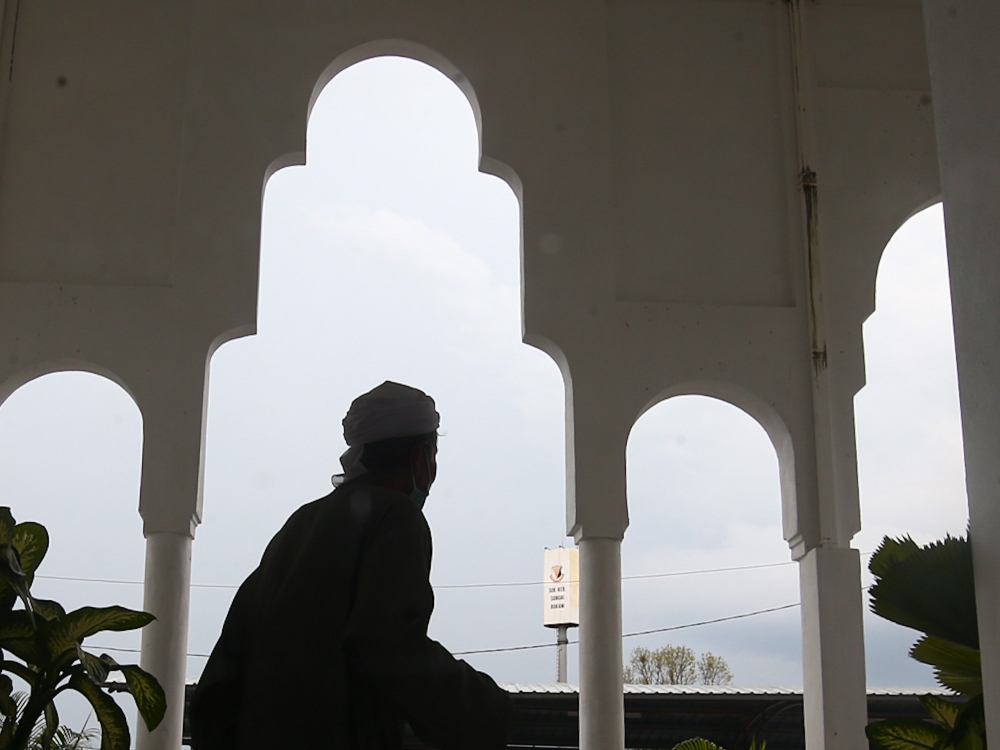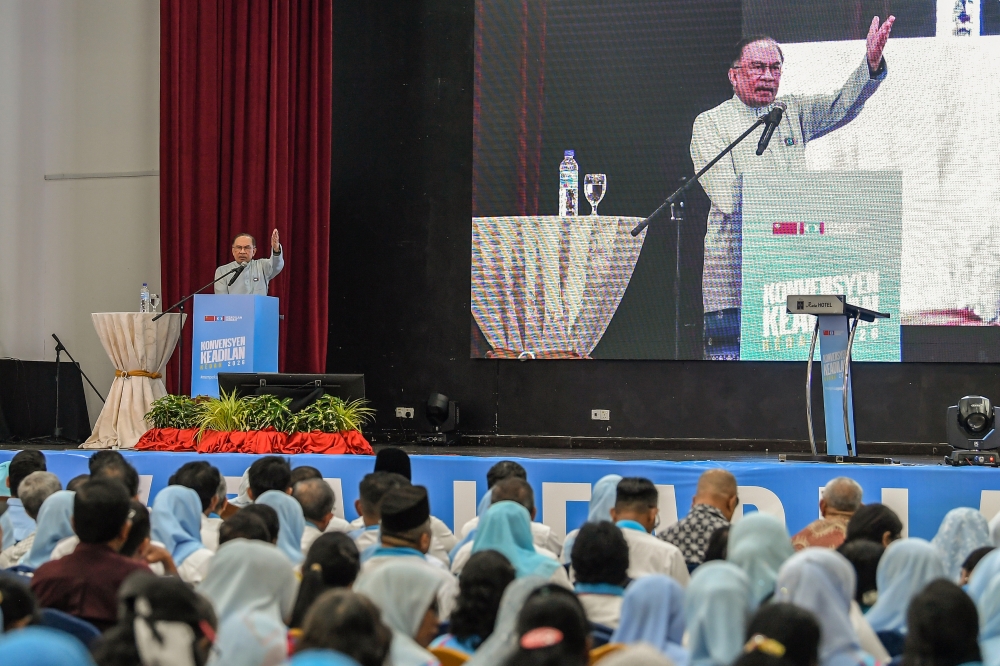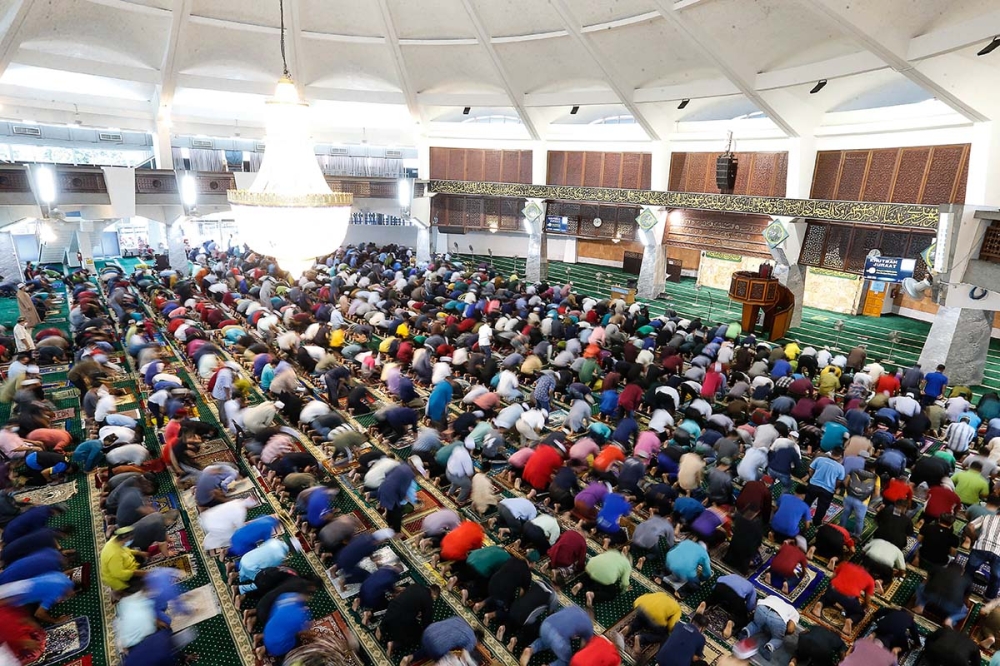PUTRAJAYA, Aug 14 — Penang has lost its attempt to restore local government elections after the Federal Court ruled today that the state administration’s application to do so contradicted national policy.
The country’s apex court also ruled that the Local Government Act 1976, which prevents the holding of local government elections, was constitutional.
“The Federal Court was of the considered view that since the abolition of the local government elections was a policy decision undertaken by the National Council for Local Government, the state government in seeking to exempt such a policy decision must consult the National Council for Local Government as provided for under Article 95A (6) and (7) of the Federal Constitution,” Justice Tan Sri Raus Sharif said in his judgment at the Federal Court here today.
The five-judge Federal Court bench ruled that Sections 10 and 15 of the Local Government Act—which the Pakatan Rakyat Penang state government had sought to challenge for preventing local government elections—were constitutional because Parliament had enacted the clauses with powers vested under Article 76(4) of the Federal Constitution.
“The Federal Court held that although local government elections are not expressly provided for under Article 76(4) of the Federal Constitution, the expression ‘local government’, which appears under Article 76(4), is wide enough to cover local government elections,” said Raus.
The country’s highest court further ruled that Penang had exceeded its jurisdiction by issuing an order exempting two local authorities in Penang from Section 15 of the Local Government Act.
“The Federal Court held that the Penang state government cannot unilaterally exempt the application of Section 15 of the 1976 Act to the whole of Penang, as the Exemption Order made by the state government is in violation of Article 95A(6) and 7 of the Federal Constitution,” said Raus.
The Federal Court also found that the Local Government Elections (Penang Island and Province Wellesley) Enactment 2012 - which provided for the Election Commission to hold local government elections in Penang - contradicted Article 75 of the Federal Constitution, as the state law was inconsistent with Sections 10 and 15 of the Local Government Act, a federal law.
Raus cited the Federal Court decision in a 1967 case involving the George Town city council and the Penang state government, in which the court ruled that a state law was void if it contradicted federal law, in accordance to Article 75 of the Federal Constitution.
Penang Chief Minister Lim Guan Eng, who was present in court, told reporters that the state government would abide by the Federal Court’s decision.
“It’s common sense that if you can elect a prime minister, mentri besar or chief minister, you should be able to elect a mayor and local councillors,” said Lim.
“They determine how your assessment rates are to be spent, how you’ll live in your neighbourhood,” he added.
In Malaysia, voters do not directly elect their prime minister or chief ministers; the heads of federal and state government are appointed by the political party or coalition that wins the majority of seats in elections.
Lim also said he was “deeply disappointed” with the apex court’s decision, given that Penang had chosen the legal avenue to try to return the third vote to the people after the Barisan Nasionalfederal government repeatedly opposed local government elections.
Local council elections were once held between 1951 and 1965, during which time Malaysians got to elect their local councillors.
Local council elections were suspended almost 50 years ago in 1965 because of the Indonesian Confrontation, and the then-prime minister Tunku Abdul Rahman had promised the Dewan Rakyat that these would be restored once the Confrontation was over.
The Confrontation ended in 1966, but local government elections were never restored.



